Business / Global
In good company
From the African brand plugging remote villages into a solar-powered grid, to the Lithuanian firm lightening farming’s footprint, we highlight 10 businesses doing it better – to the benefit of both the planet and their purse – in 2022.
1.
Company: MellowVans
Location: South Africa
What it does: Last-mile electric delivery vehicles
What’s next: Further expansion throughout Africa and beyond
“Growing up in South Africa we didn’t have access to public transport,” says MellowVans’ ceo, Neil du Preez, speaking to monocle from a trade fair in Vienna. Inspired by transport that he had seen while living in southern China, Du Preez set about finding a solution. In 2014 he founded MellowVans, an electric, three-wheeler delivery-van company headquartered near Cape Town. Two years ago, it pivoted to producing for the last-mile delivery market but the goal remains the same: to provide electric mobility for that market. “Africa needs electric vehicles and alternative mobility solutions,” says Du Preez.
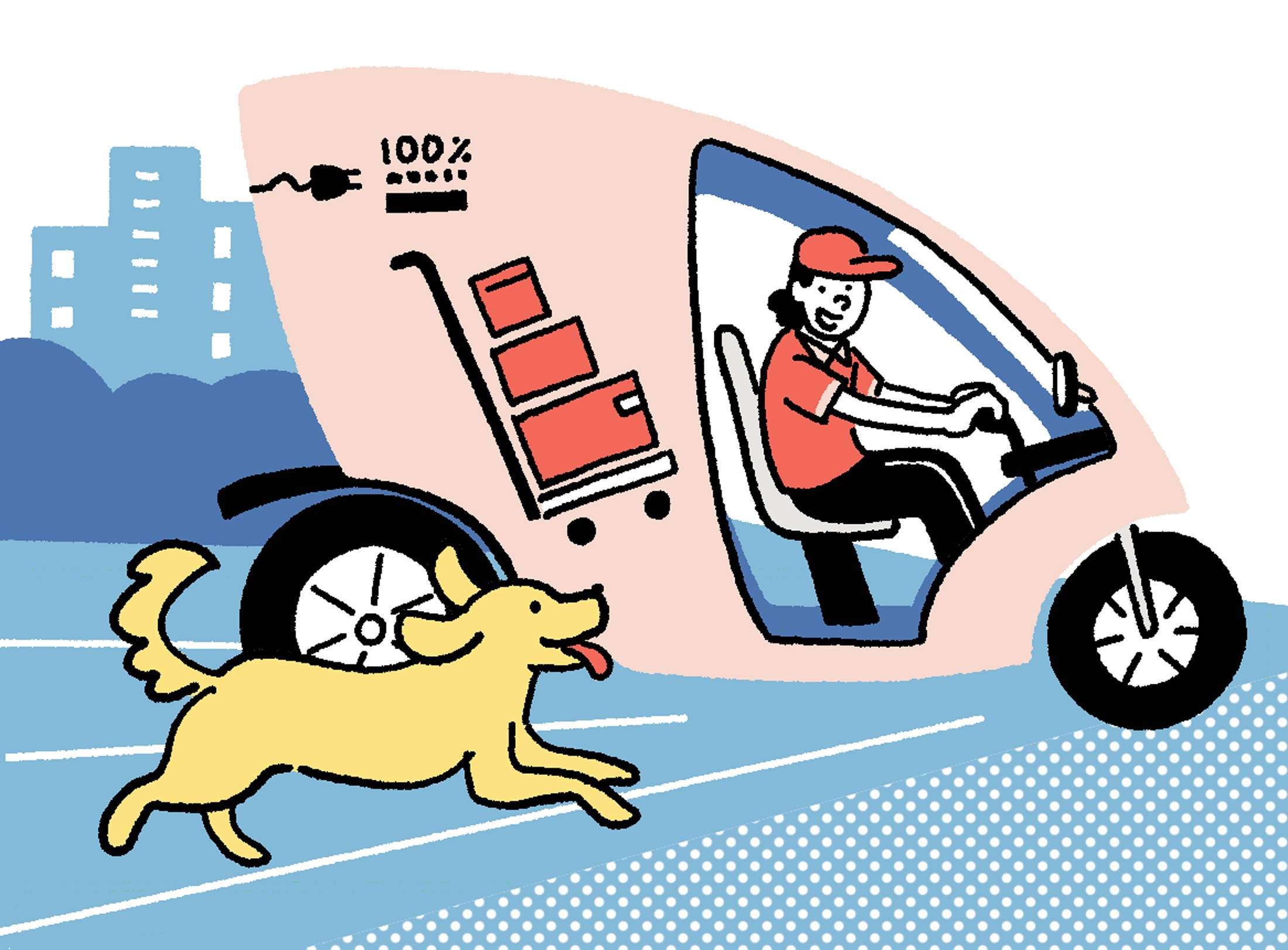
MellowVans might have competition from other small-vehicle brands but the company “designed the vans in Africa for African conditions”, so they can take on variable road quality and be charged from a simple plug socket. The company already counts several big-name clients on its books, including dhl, and Du Preez hopes to expand into Europe and the Middle East. The fleet comprises 100 vehicles so far, which have a maximum range per charge of 100km, and Du Preez says that he’ll be ramping up production to four a day by 2022. We’ll be hearing a lot more about these “sexy vehicles” (his words) soon.
mellowvans.com
2.
Company: Solugen
Location: usa
What it does: Petroleum-free chemicals
What’s next: Opening production plants around the world
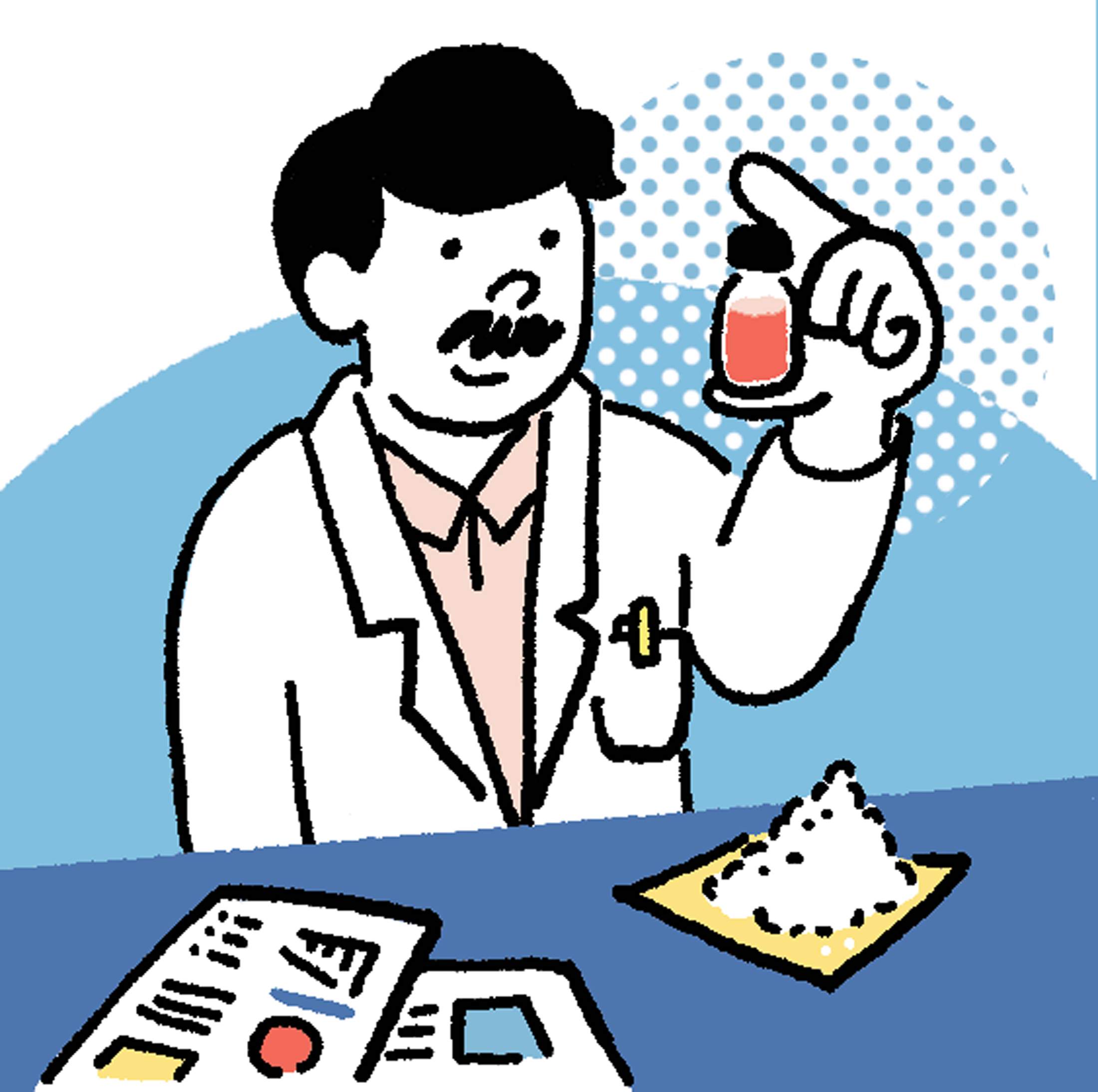
33-year-old co-founder of Solugen, admits that his company operates from a “petropolis”, a reference to Houston’s notoriety as the global centre for petrochemicals. But that’s precisely the point of being there, he says. “It’s critical. It shows us what doesn’t work and is a constant reminder of what we’re trying to do.” Solugen – valued at $1.8bn (€1.5bn), having raised more than $350m (€300m) in its latest round of funding – produces chemicals made with molecules from plants rather than through refining petroleum or natural gas. It’s a potential game changer in a chemical industry that’s one of the world’s largest polluters. But it also makes good business sense. “Beyond the focus on the sustainable impact, there’s a clear business case for using the Solugen process,” says Chakrabarti. “The molecules we are interested in going after make our offering cheaper than the petrochemical alternative.”
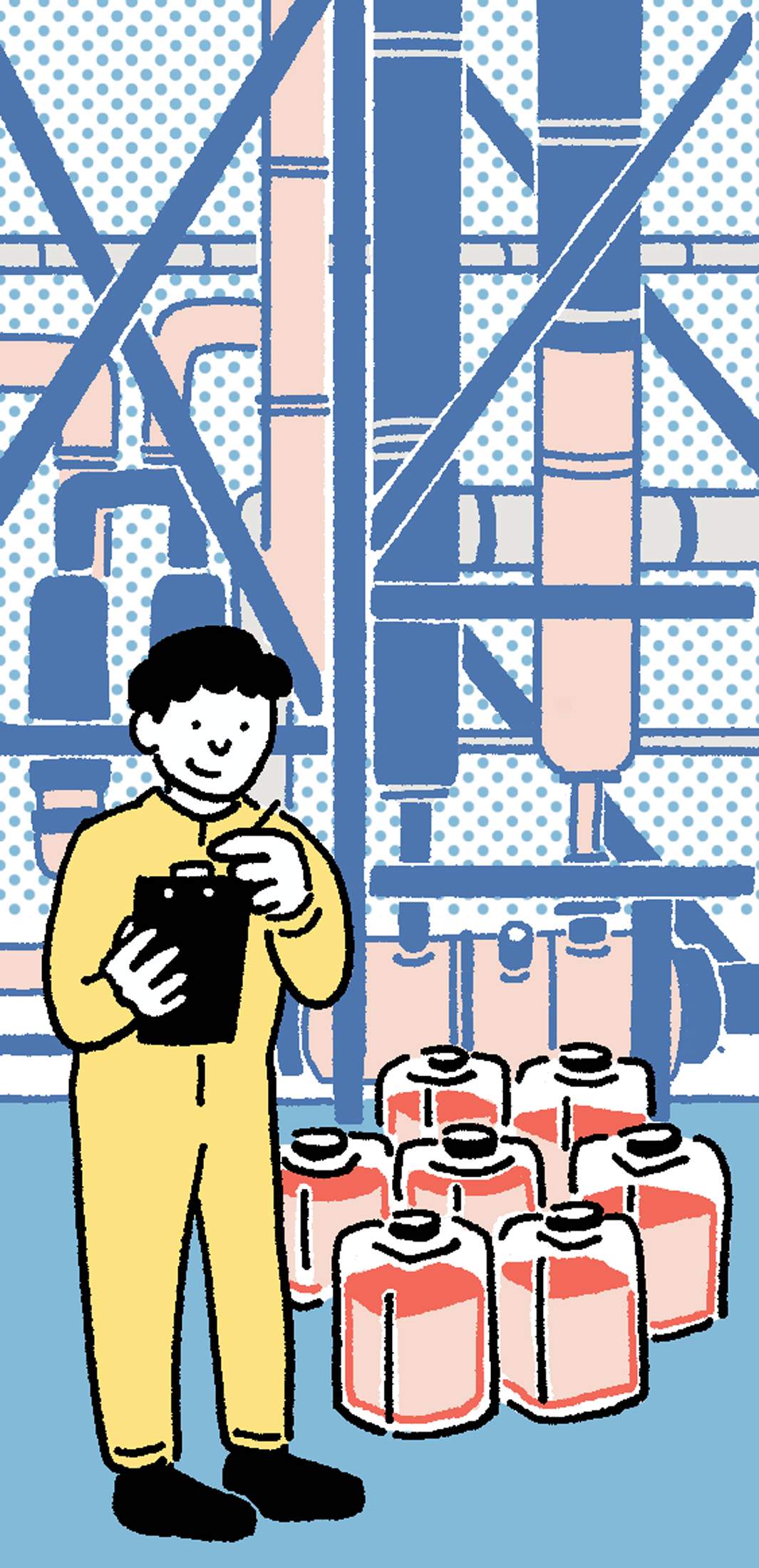
For now, Solugen’s main product is a liquid derived from biomass sugar that’s used to protect infrastructure in water-treatment plants. But the firm is also looking to apply its scientific wizardry to the creation of non-toxic plastics and has about 40 different molecules or products in the pipeline.Solugen was recently recognised as having a carbon-negative factory – not bad in a “petropolis”. A second factory in the Midwest is on the way and expansion to Asia and the UK could follow.
solugen.bio
3.
Company: Auga
Location: Lithuania
What is does: Organic food and the world’s first hybrid tractor
What’s next: Making agriculture truly sustainable
Whereas big industry and transport have, understandably, become easy targets for environmentalists, the heavy footprint of agriculture is often overlooked. “Nobody cares,” says Auga’s general manager, Kestutis Juscius. But he’s not prepared to accept that.
Lithuania’s Auga bills itself as one of Europe’s largest vertically integrated organic-food producers. And it is now leveraging its position to try to shake up the industry. In September the firm unveiled the world’s first hybrid biomethane and electric tractor for professional farm use. Although compressed natural gas and electric alternatives exist, this one can drive for 12 hours, about three times longer than other models. Auga’s tractor combines biomethane fuel (collected from livestock waste; thank you flatulent cows) with an electric battery that’s used if a boost is needed. By removing the superfluous gearbox, Auga was able to find extra fuel capacity, which is stored in gas cylinders for easy reloading.

Yet the company is about more than just a vehicle, according to Juscius. “It’s not about the tractor,” he says. “We’re making breakthrough technologies to produce sustainable food and the tractor is the first step.”
Auga, which supplies to Ocado in the UK among others, is planning to mass-produce the tractors from next year. However, it also views vehicle and technology sharing via an app as a potential part of future plans, alongside tackling livestock feed and further methane management. So can all this change the world? “Yes, of course,” says Juscius. “And very quickly.”
auga.lt
4.
Company: H2Pro
Location: Israel
What it does: Green hydrogen technology
What’s next: Scaling up, opening a factory and going to market
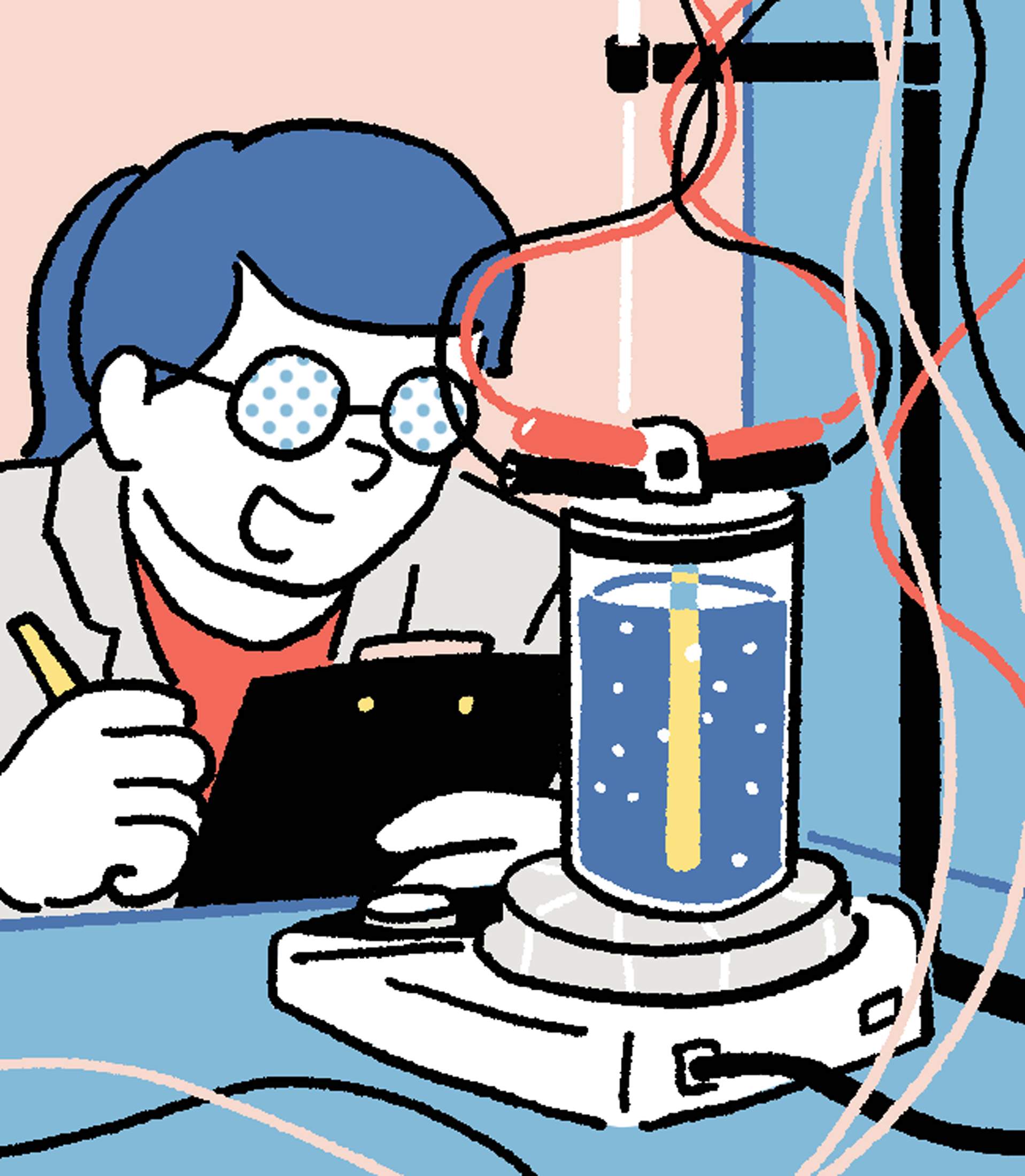
Israeli start-up H2Pro, part-funded by Bill Gates, has found a novel way of splitting water to extract hydrogen that wastes much less energy than traditional methods. The process also brings down the cost. “Taking hydrogen and making it cheaper, so it can be used en masse, can really move the needle,” says H2Pro’s ceo, Talmon Marco, who also founded the Viber and Juno apps.
H2Pro is now scaling up its processes and systems, while a production facility is due to open in Israel in 2023 with the machinery set to go to market globally by 2024. Hydrogen could replace coal in steel production and the heavy-mobility sector is hungry for it: California’s ZeroAvia is working on a plane fuelled by hydrogen, while France’s Alstom is exploring hydrogen trains.
h2pro.co
5.
Company: Olio
Location: UK
What it does: The world’s top food-sharing app
What’s next: Stamping out domestic food waste in cities across the globe
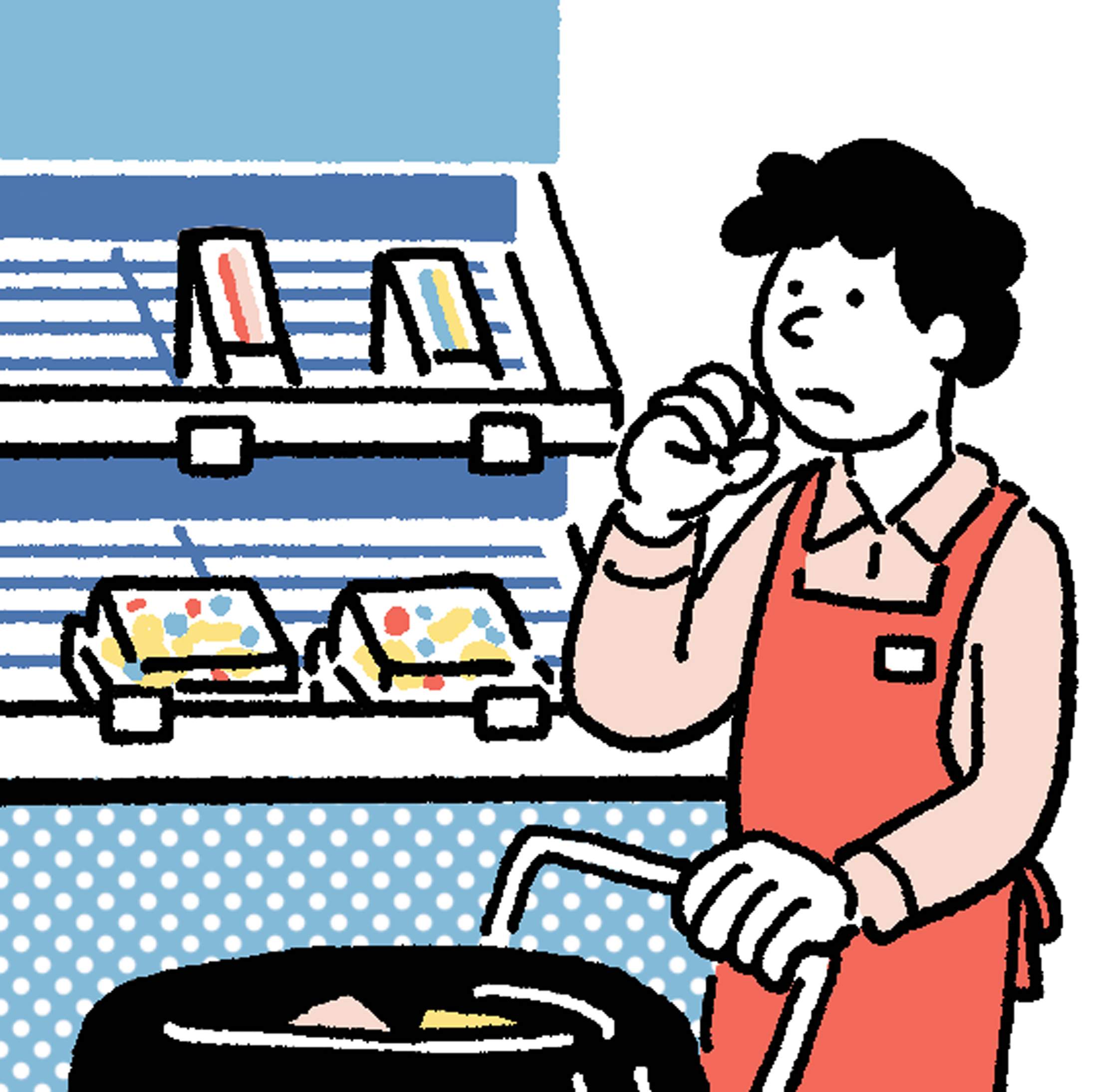
Olio, like most successful apps, began as a way for people to disseminate information instantly. But whereas sites such as Twitter and Instagram indulge human frivolity, Olio’s raison d’être is to encourage frugality. Users post pictures of uneaten food and their location, then someone agrees to take it off their hands. Founded in 2015, the world’s top-rated food-sharing app now has five million users in 59 countries across the globe. So far it has saved 32 million portions of food from the bin: the equivalent of taking 94 million miles of car journeys off the road (in terms of emissions reduction) or saving 4.4 billion litres of water.

Olio’s pared-back, user-generated interface belies a slick funding machine: it raised €5m in 2018 and a further €37m this year. In 2021 the UK’s largest supermarket chain, Tesco, announced a collaboration through which it will hand surplus food from 2,700 of its shops over to Olio’s volunteers for distribution. Founded in an affluent north London suburb (the first item shared on the app was a bag of shallots), Olio has become a way of bringing together residents in cities around the world that suffer from food inequality. In doing so, it has proven that charity which begins in the home can travel far and wide in the modern age.
“We conducted a survey and found that one in three people are physically pained by throwing away food,” says Olio co-founder, Tessa Clarke. “Our mission for the app is an unashamedly bold one: it is for hundreds of millions of interconnected communities where neighbours are sharing the world’s most precious resource.”
olioex.com
6.
Company: Sheep Inc
Location: UK
What it does: The world’s first naturally carbon-negative fashion brand
What’s next: Will other brands follow suit?
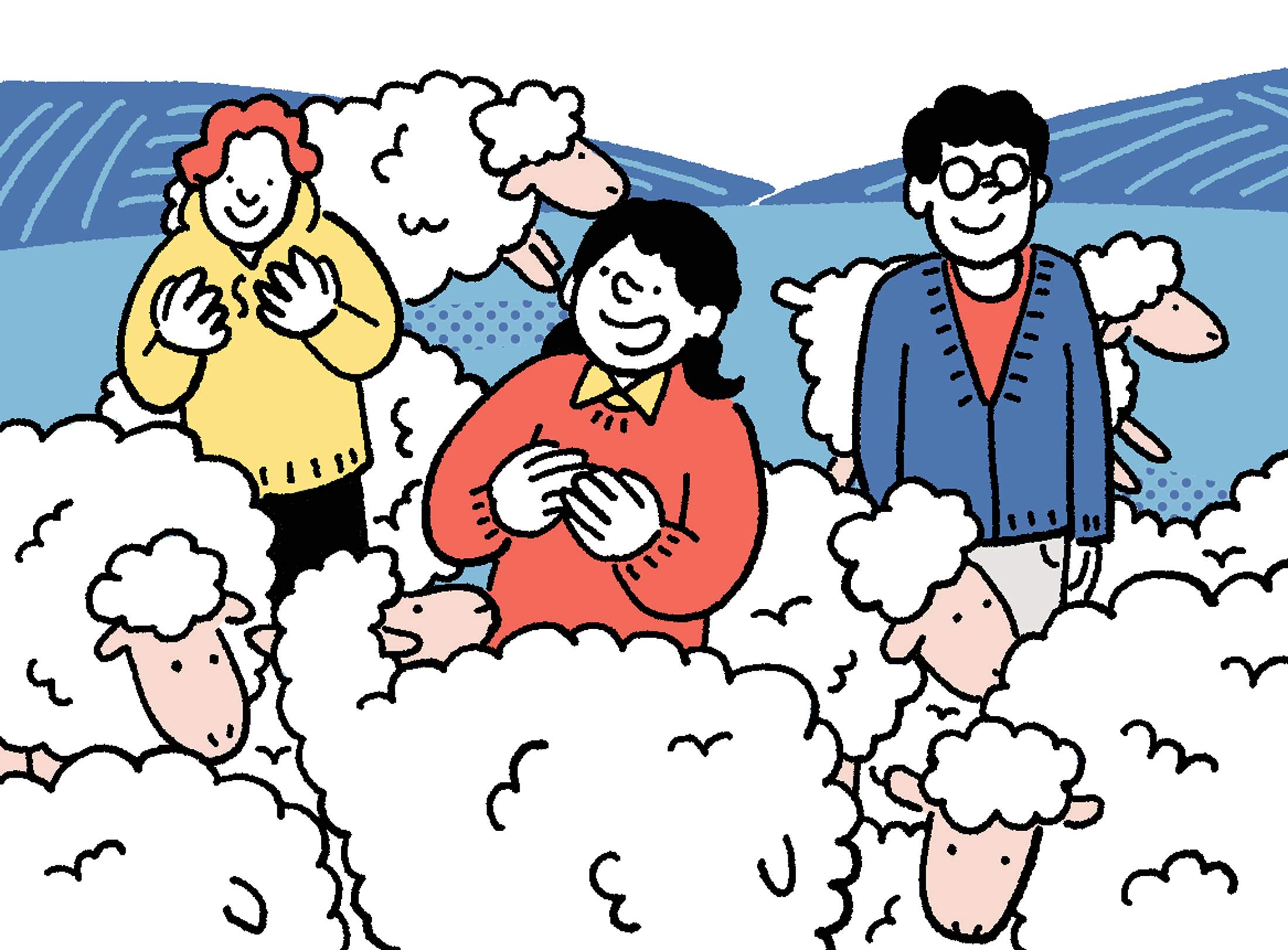
Fashion has a sustainability problem. How can new styles be produced without polluting the planet? Sheep Inc has decided to take its cue from nature by creating a balanced ecosystem in order to extract the wool to make its luminous knits. The company plays close attention to ensuring that it keeps its cash cow (or in this case, sheep) well fed, well exercised and well shorn in an example of pastoral farming that gives back more to the environment than it takes. Reared in New Zealand’s High Country, the sheep play a central role in regenerative farming through a symbiotic relationship between animal, vegetable and mineral that stores more carbon than it produces.
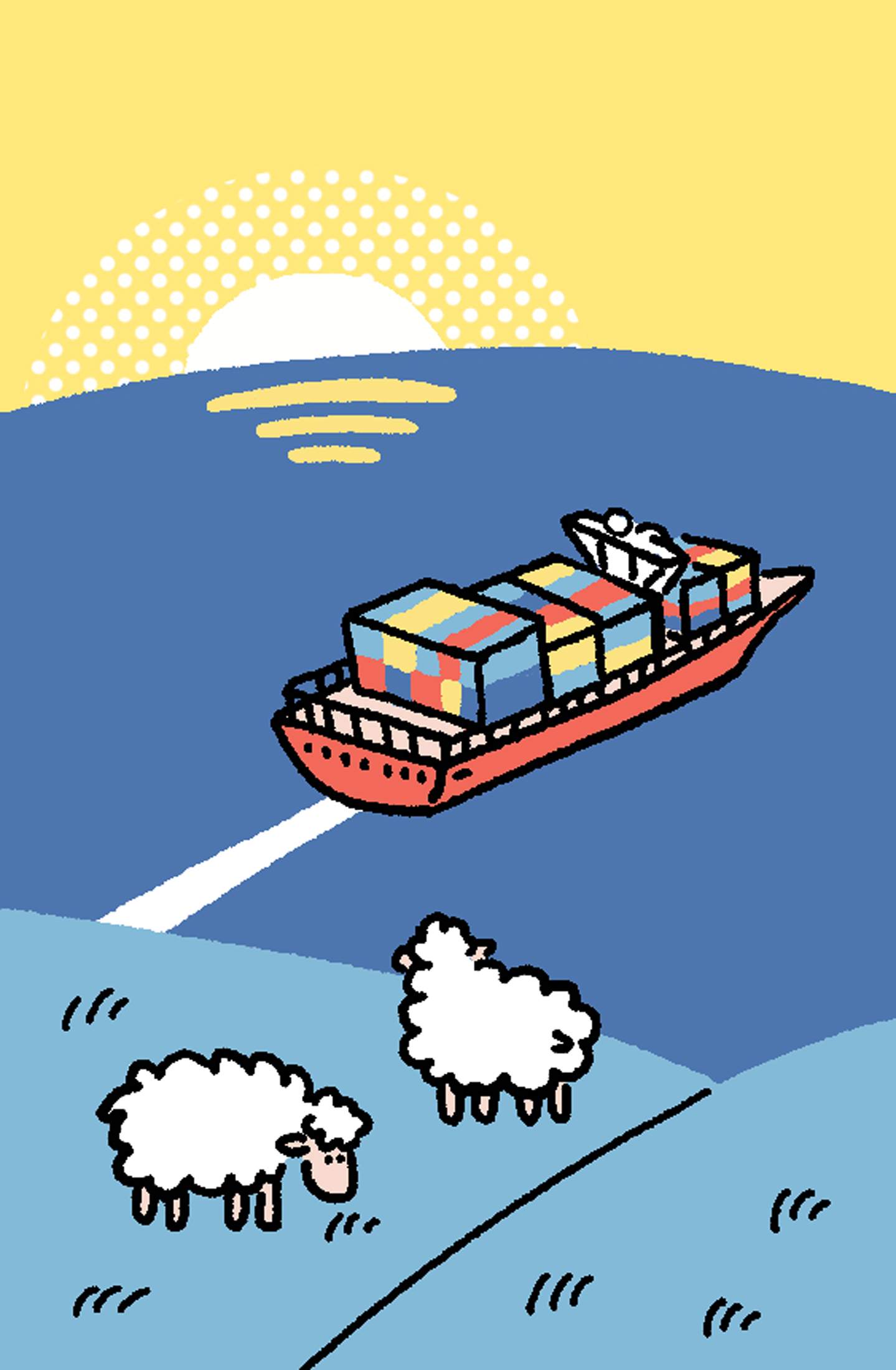
ceo Edzard van der Wyck says that the clothes are transported by ship, thus emitting less co2 than flying. When combined with the sequestering of co2 when rearing the wool, this means that Sheep Inc could well be the first naturally carbon-negative fashion brand on Earth. Oh, and the products are nice too: luxuriously soft knitwear in brilliant colours.
sheepinc.com
7.
Company: Sinctronics
Location: Brazil
What it does: Turns electronic waste into raw materials for reuse
What’s next: Expansion in the São Paulo region

When phones, computers and household electronics stop working, our first instinct is to bin them. Sinctronics, a Brazilian company that specialises in recycling consumer electronics, was established to address this.
“At the time, Flex – the manufacturing company behind Sinctronics – was already working with a lot of customers in the electronics industry and one of their clients challenged us to find a solution,” says Linda de Oliveira, Flex’s communications co-ordinator. “We needed to help our clients out with solutions rather than just logistics.” The result? An “integrated ecosystem” that takes electronic waste that contains recyclable plastics and metals such as gold and platinum, and turns them into raw materials for reuse in new products. It’s an approach that has caught the eye of several companies, including Hewlett-Packard and Toshiba, which are both working with Sinctronics to increase the use of recycled materials, remanufacturing them into their new products and packaging.
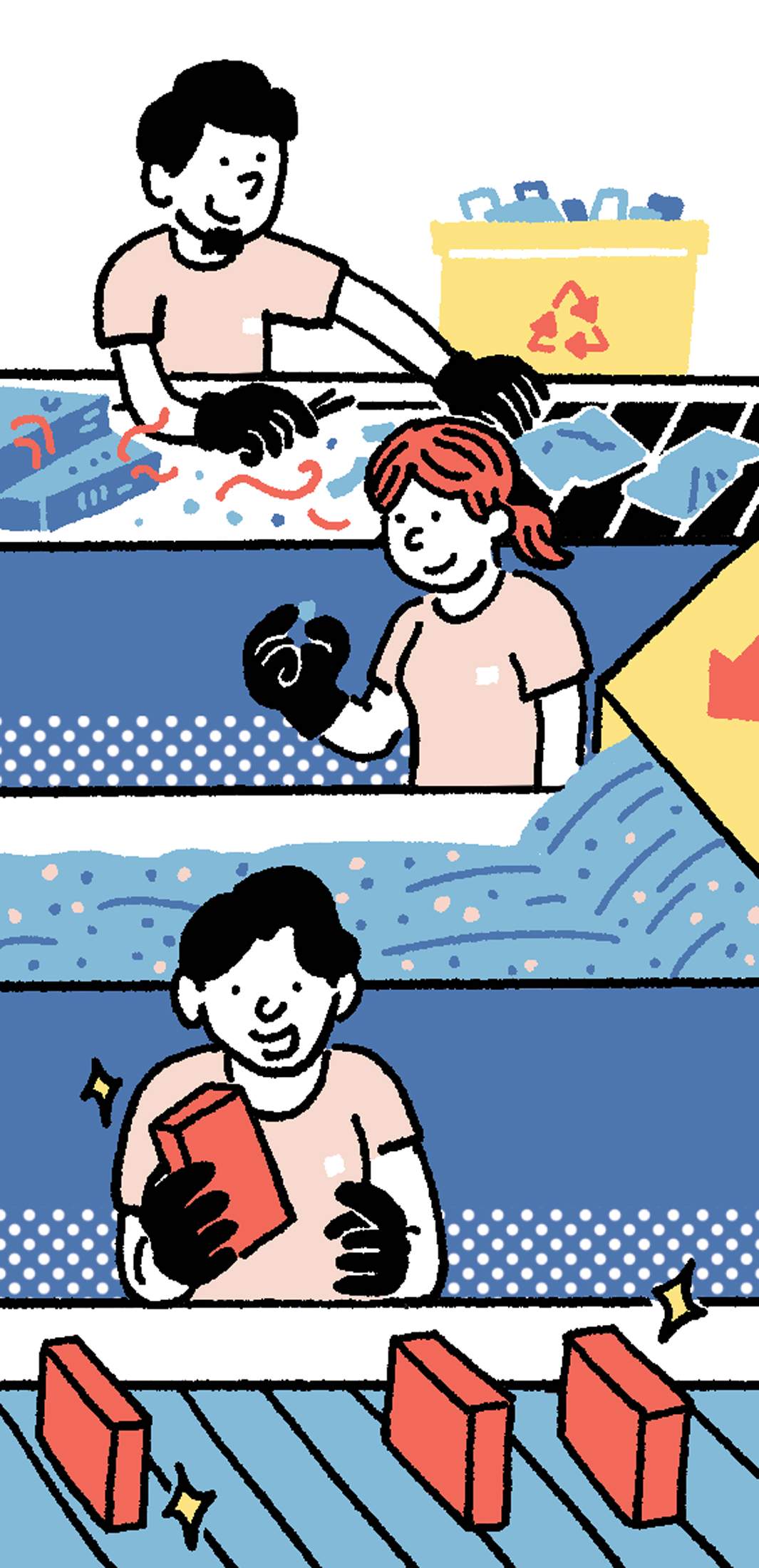
After launching in the small Brazilian city of Sorocaba, Sinctronics is now looking to expand its recycling efforts into larger markets, including the São Paulo region. “Our intention is to keep expanding in Brazil, working with co-ops and hopefully, in five years, growing to work with about 30 companies,” says Oliveira. Expect Sinctronics to soon establish a nationwide reverse supply chain.
sinctronics.com.br
8.
Company: Triodos
Location: The Netherlands
What it does: Finances businesses committed to positive socio-cultural change
What’s next: Helping more companies to go net-zero
Voting with your wallet might not be as easy as it seems. A 2020 report from the Rainforest Action Network and five other non-profits found that 35 major banks had donated €2.3trn to fossil-fuel companies since the Paris Agreement was ratified. But is there room for change? Triodos certainly thinks so. In 2019 the Dutch bank invested in the first major rollout of electric-vehicle charging points to supermarket car parks. And in the past year alone, Triodos has financed 561 sustainable energy initiatives and provided 59,000 people with accommodation via its financing of social housing projects. The bank believes that ethical investment isn’t only possible – but necessary. And while its model might become more common in the future, Triodos has always considered it to be the logical thing to do.
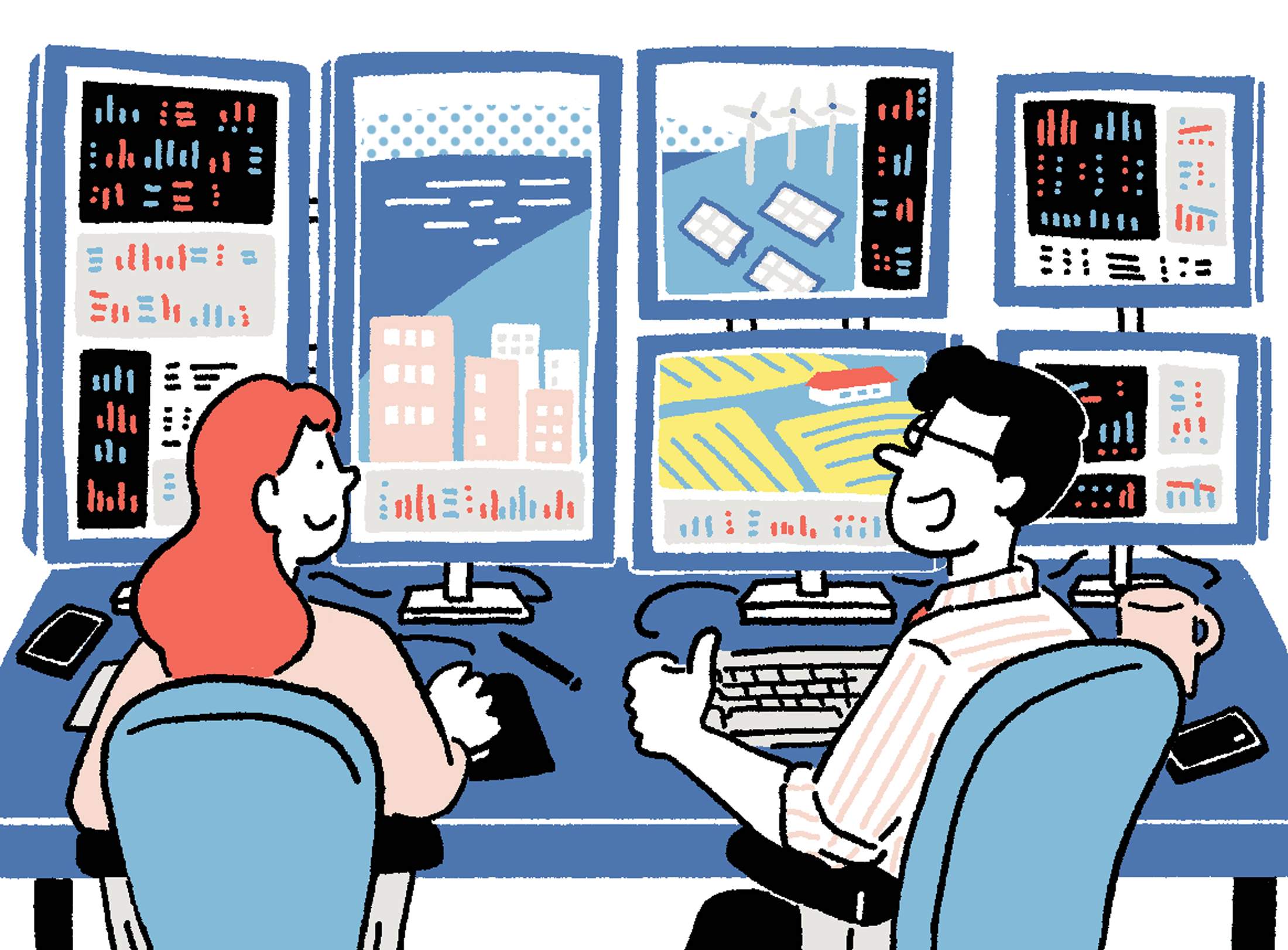
“The role of banks is to keep people’s money safe and use it in their long-term interests,” says Triodos UK’s ceo, Bevis Watts. “What’s the point of banking and investing if you’re undermining your customers’ own future, health and prosperity?” This is why Triodos’s next big commitment is setting a science-based net-zero target for his company. “From our point of view, most people making net-zero claims don’t really understand what it means,” says Watts. “It doesn’t mean offsetting. What net-zero really means is a transition to a completely different kind of economy. We’re going to end up with a completely different finance sector. Businesses should start looking at sustainable forestry, regenerative agriculture and nature-based solutions if they want to become entirely sustainable.” And they should be prepared to brace themselves for change.
triodos.com
9.
Company: Neot
Location: France
What it does: Provides solar power to rural areas
What’s next: Expansion throughout Africa
About four in 10 people living in Africa don’t have electricity in their homes. In many cases this is due to the fact that they live in an area that’s not served by electricity at all. In a bid to fix this, investment company Neot, through its Offgrid Africa programme, is equipping 49 villages in Sierra Leone and Uganda with off-grid solar solutions, and will be supplying almost 60,000 people with reliable power for the first time in 2022. The move is part of a €14m investment in Sicilian-made mini-grids for remote settings, which will be rolled out in partnership with UK energy company Winch, with plans to invest another €5m in the scheme.
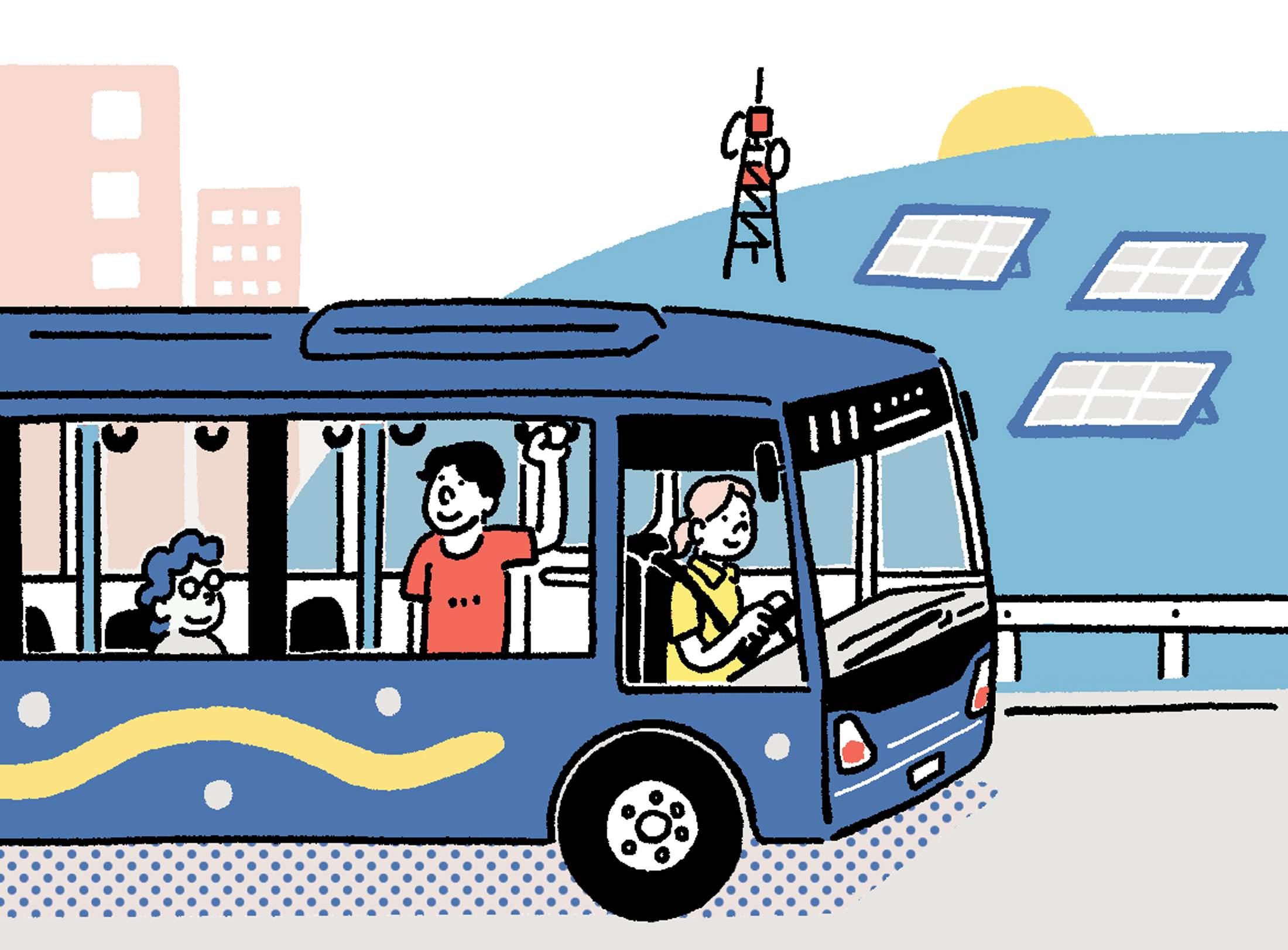
“The energy that will be accumulated will break down one of the biggest barriers of development and help support the villagers’ livelihoods,” says Philippe Ringenbach, president of Neot Offgrid Africa, explaining that the improvements in quality of life for the scheme’s beneficiaries are significant. “It will establish internet access for households, helping economic growth and providing schools and health centres with electricity.”
Added to this is the fact that the scheme is scalable, which means that the 40 per cent of Africans not currently connected to electricity could be powered by solar energy solutions in the coming years. “It will lead to a brighter future for other African countries, such as Nigeria and Ethiopia, which Neot plans to expand to in 2022,” says Ringenbach.
If this trajectory continues, Africa will soon be home to a vast number of communities powered by renewable energy. The continent’s future, it seems, could be green.
neotcapital.com
10.
Company: Sinfonia
Location: Italy and Austria
What it does: Improves energy efficiency in old buildings with smart retrofits
What’s next: The project’s expansion across Europe
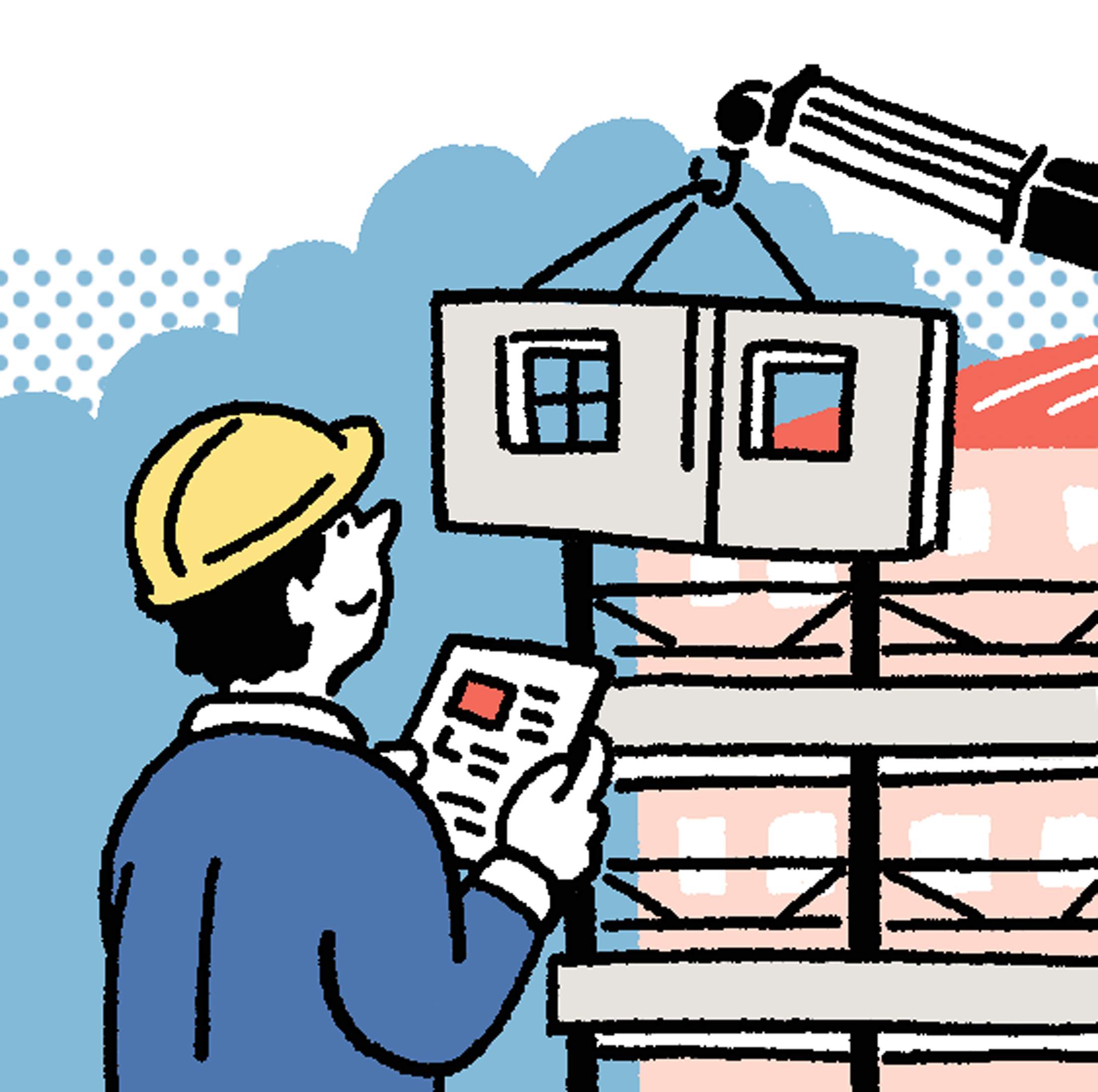
It’s no secret that our homes and offices contribute enormously to greenhouse gas emissions; our buildings generate nearly 28 per cent of annual global co2 output. And it’s an issue compounded by energy-inefficient old buildings.
In an effort to rectify this and preserve building stock in mid-sized cities, EU-backed organisation Sinfonia launched in 2014. Its aim is to retrofit energy-inefficient social housing in Bolzano in Italy and Innsbruck in Austria. Partnering with other organisations, such as research development consultant Zabala, it replaced doors and windows, upgraded electrics and insulated façades on housing from the mid-20th century, improving energy efficiency in some buildings by more than 350 per cent. Following its initial success, the system will now be replicated in five other cities across Europe.
sinfonia-smartcities.eu


